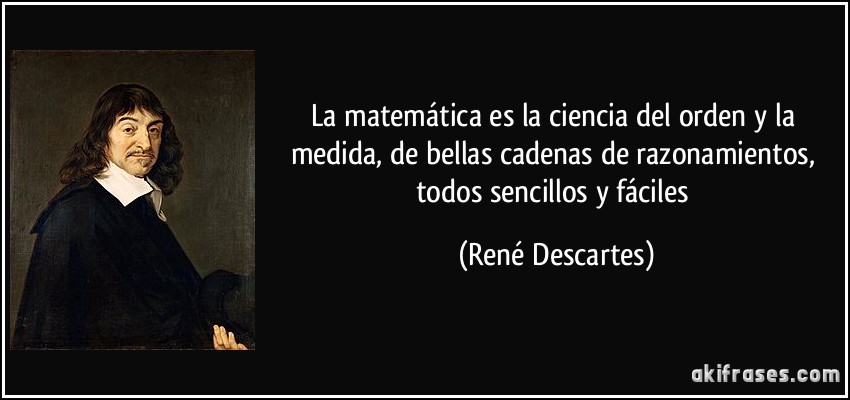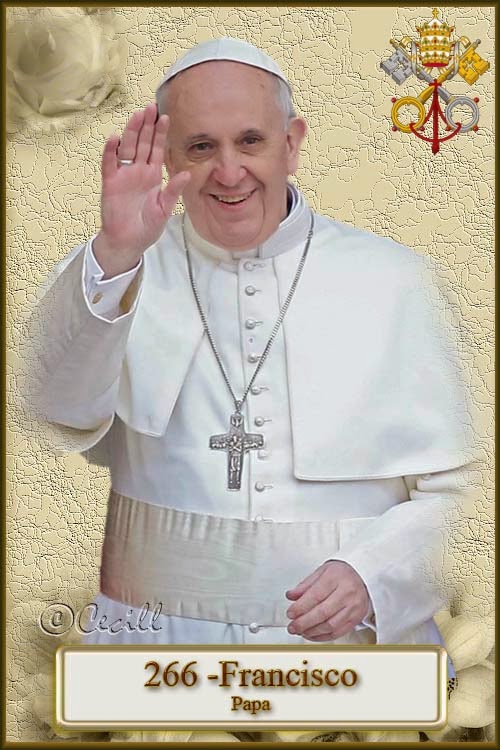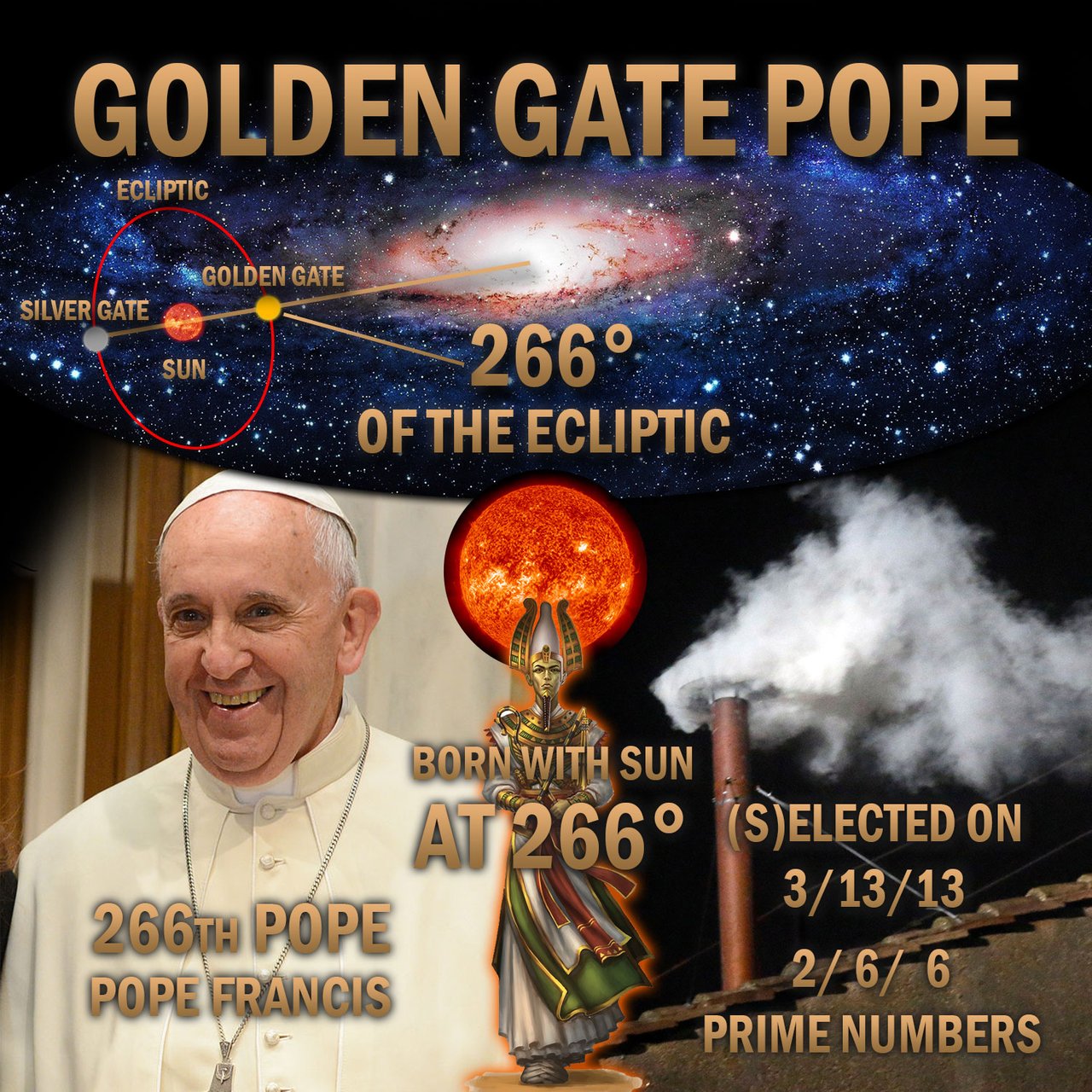|
Rispondi |
Messaggio 1 di 190 di questo argomento |
|
SARA=SERPIENTE=$=ESPACIO/TIEMPO
DINOSAURIO
DINO / DINA / DIANA / DAN (TRANSFIGURACION DE CRISTO EN EL MONTE HERMON EN LA TRIBU DE DAN)
SAURIO / SAR (PRINCIPE EN HEBREO)
LA TRANSFIGURACION DE CRISTO EN EL MONTE HERMON, CERCA DE CESAREA DE FILIPO
C-SAR ES LA CLAVE DE LA TRASLACION EN EL TIEMPO
NOTEN EL NEXO DE DAN, CON LA SERPIENTE (VENECIA) Y EL CABALLO (PLAZA SAN MARCOS)

 
Génesis 8:22 Mientras la tierra permanezca, no cesarán la sementera y la siega, el frío y el calor, el verano y el invierno, y el día y la noche. (EL MISMO DISEÑO DEL VATICANO-OCHO PUNTAS-PLAZA DE SAN PEDRO)
DINERO=MUJER=$=SARA
EL PSEUDOCRISTIANISMO LE TIENE PANICO A LA MUJER.
EN VENECIA ESTA EL SECRETO
|
Obviamente que Dios es Dios de vivos..
Puesto que en la fe nadie muere..
Y los patriarcas Abraham, Isaac, Jacob ..
Caminaron por fe..
Dios le cambio el nombre de abram a abraham..
Porque es el primer viviente según el pacto de la circuncisión..
El primer hombre de fe, el padre de naciones..
Y ese pacto de Dios con Abraham sigue vigente hasta hoy..
Porque en la fe de Abraham son salvas todas las naciones..
Y para dejar tranquilo a Barilochense le digo :
Dios también le cambió el nombre a la mujer de Abraham..
De Saraí ( princesa ) pasó a llamarse Sara que significa madre de naciones..
16. Y la bendeciré, y también te daré de ella hijo; sí, la bendeciré, y vendrá a ser madre de naciones; reyes de pueblos vendrán de ella.
Para que no diga que Dios no ama a sus hijas..
Saludos
El Ungido
LA CLAVE DEL EXPERIMENTO FILADELFIA
EN VENECIA ESTA EL SECRETO
RAMERA=$ =SERPIENTE= SABADO= SABIDURIA= LETRA S= SOPHIA=SNAKE =SERPENT
S=SERPIENTE
68. Juan 4:10 Respondió Jesús y le dijo: Si conocieras el don de Dios, y quién es el que te dice: Dame de beber; tú le pedirías, y él te daría agua VIVA.
69. Juan 4:11 La mujer le dijo: Señor, no tienes con qué sacarla, y el pozo es hondo. ¿De dónde, pues, tienes el agua VIVA?
70. Juan 7:38 El que cree en mí, como dice la Escritura, de su interior correrán ríos de agua VIVA.
|
|
|
|
|
|
|
Rispondi |
Messaggio 176 di 190 di questo argomento |
|
|
|
|
Rispondi |
Messaggio 177 di 190 di questo argomento |
|
|
|
|
Rispondi |
Messaggio 178 di 190 di questo argomento |
|
|
|
|
Rispondi |
Messaggio 179 di 190 di questo argomento |
|
Does space "flow" like a river? There's an analogy in General Relativity ... Why The Theory of Relativity Doesn't Add Up (In Einstein's Own Words).
|
|
|
|
Rispondi |
Messaggio 180 di 190 di questo argomento |
|
|
|
|
Rispondi |
Messaggio 181 di 190 di questo argomento |
|
|
|
|
Rispondi |
Messaggio 182 di 190 di questo argomento |
|
|
|
|
Rispondi |
Messaggio 183 di 190 di questo argomento |
|
|
|
|
Rispondi |
Messaggio 184 di 190 di questo argomento |
|
|
|
|
Rispondi |
Messaggio 185 di 190 di questo argomento |
|

The letter S is the 19th letter of the Latin alphabet and the English alphabet. It is also used in other Western European languages and other Latin alphabets.
   
POPE NUMBER 266
9 LUNAR MONTHS=266 DAYS
FR-ANC-ISCO / J-ANUK-A
1/1-23/9 GREGORIAN CALENDAR=266 DAYS
266 DAYS=19*2*7 DAYS (SATURDAY)=WOMAN IN PREGNANT=LUNAR PHASE (36=4*9) (1+2+3+4+...36=666)
10/3-30/11 (JANUKAH=JOHN 10 22=24/9-KISLEV HAGGAI 2 10 )=266 DAYS
10 On the twenty-fourth day of the ninth month, in the second year of Darius, the word of the Lord came by Haggai the prophet, 11 “Thus says the Lord of hosts: Ask the priests about the law: 12 ‘If someone carries holy meat in the fold of his garment and touches with his fold bread or stew or wine or oil or any kind of food, does it become holy?’” The priests answered and said, “No.” 13 Then Haggai said, “If someone who is unclean by contact with a dead body touches any of these, does it become unclean?” The priests answered and said, “It does become unclean.” 14 Then Haggai answered and said, “So is it with this people, and with this nation before me, declares the Lord, and so with every work of their hands. And what they offer there is unclean. 15 Now then, consider from this day onward. Before stone was placed upon stone in the temple of the Lord, 16 how did you fare? When one came to a heap of twenty measures, there were but ten. When one came to the wine vat to draw fifty measures, there were but twenty. 17 I struck you and all the products of your toil with blight and with mildew and with hail, yet you did not turn to me, declares the Lord. 18 Consider from this day onward, from the twenty-fourth day of the ninth month. Since the day that the foundation of the Lord's temple was laid, consider: 19 Is the seed yet in the barn? Indeed, the vine, the fig tree, the pomegranate, and the olive tree have yielded nothing. But from this day on I will bless you.”


|
|
|
|
Rispondi |
Messaggio 186 di 190 di questo argomento |
|
https://www.facebook.com/photo/?fbid=599481086886534&set=a.300527260115253
|
|
|
|
Rispondi |
Messaggio 187 di 190 di questo argomento |
|
|
|
|
Rispondi |
Messaggio 188 di 190 di questo argomento |
|
|
|
|
Rispondi |
Messaggio 189 di 190 di questo argomento |
|
|
|
|
Rispondi |
Messaggio 190 di 190 di questo argomento |
|
|
|
 Primo Primo
 Precedente
176 a 190 de 190
Successivo Precedente
176 a 190 de 190
Successivo
 Ultimo
Ultimo

|

